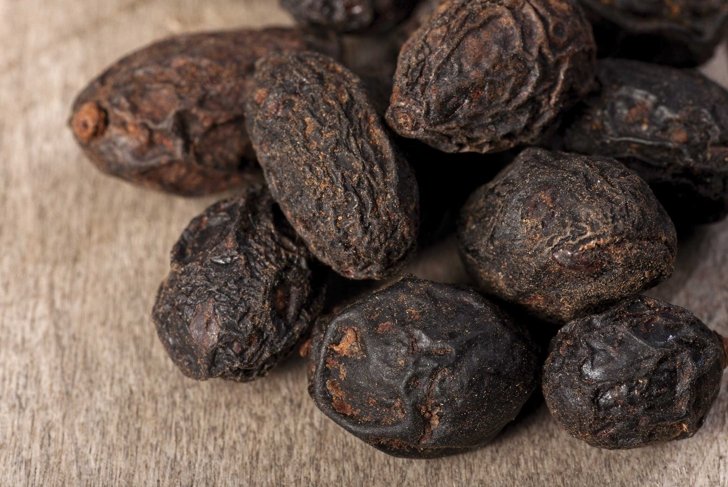
Benjamin Franklin and Thomas Jefferson were said to suffer from it, as will most men. Although this condition shares some symptoms with prostate cancer, it’s quite different.
“I wake up so many times at night to go pee, but only a few drops come out. And I’ve had an odd sort of pain in my lower abdomen …”
Sound familiar? Benign prostatic hyperplasia (BPH) is a non-cancerous growth of the prostate that can cause these urinary symptoms. BPH affects almost all men over 70 years old.
Should you get tested?
Don’t automatically assume a prostate problem is BPH. The symptoms of BPH and prostate cancer can be similar, though BPH is not linked to cancer. Simple assessments can determine the likelihood of your urinary problems being caused by prostate cancer.
The mainstream medical community suggests screening for prostate-specific antigen (PSA) levels starting at age 50. Yet there is a problem with this: the cutoff for further evaluation of possible prostate cancer
is a PSA of more than 4.0.
If your PSA was 0.2 when you were 30 years old, a PSA of 3.0 at age 50 might be cause for concern. But it won’t be evaluated, because it’s below the 4.0 cutoff. Keep an eye on your prostate health from a young age to avoid needless and invasive tests later in life.
Can BPH be treated naturally?
A number of natural health products have been shown to improve symptoms of BPH.
Saw palmetto
Saw palmetto (Serenoa repens) is a herb that’s been the subject of extensive research in this area. A 1998 review of studies is notable because it concluded that saw palmetto is just as effective as standard medications used for BPH. Plus, researchers noted that saw palmetto is associated with fewer side effects, such as erectile dysfunction.
Since then, many more studies have demonstrated similar benefits: an improvement in BPH symptoms, increase in urinary flow rate, and objective decrease in prostate size.
Beta-sitosterol
Beta-sitosterol, a type of plant sterol, has also proven beneficial for those with BPH. Specifically, studies show that it may significantly improve urine flow.
Stinging nettle
Stinging nettle, which is thought to modulate the availability of testosterone in the body, may also improve BPH symptoms. A series of studies evaluating the combination of saw palmetto and stinging nettle found that approximately 70 percent of patients reported improvement. The effectiveness of this combination was similar to that of finasteride or tamsulosin, the standard medications used for BPH.

